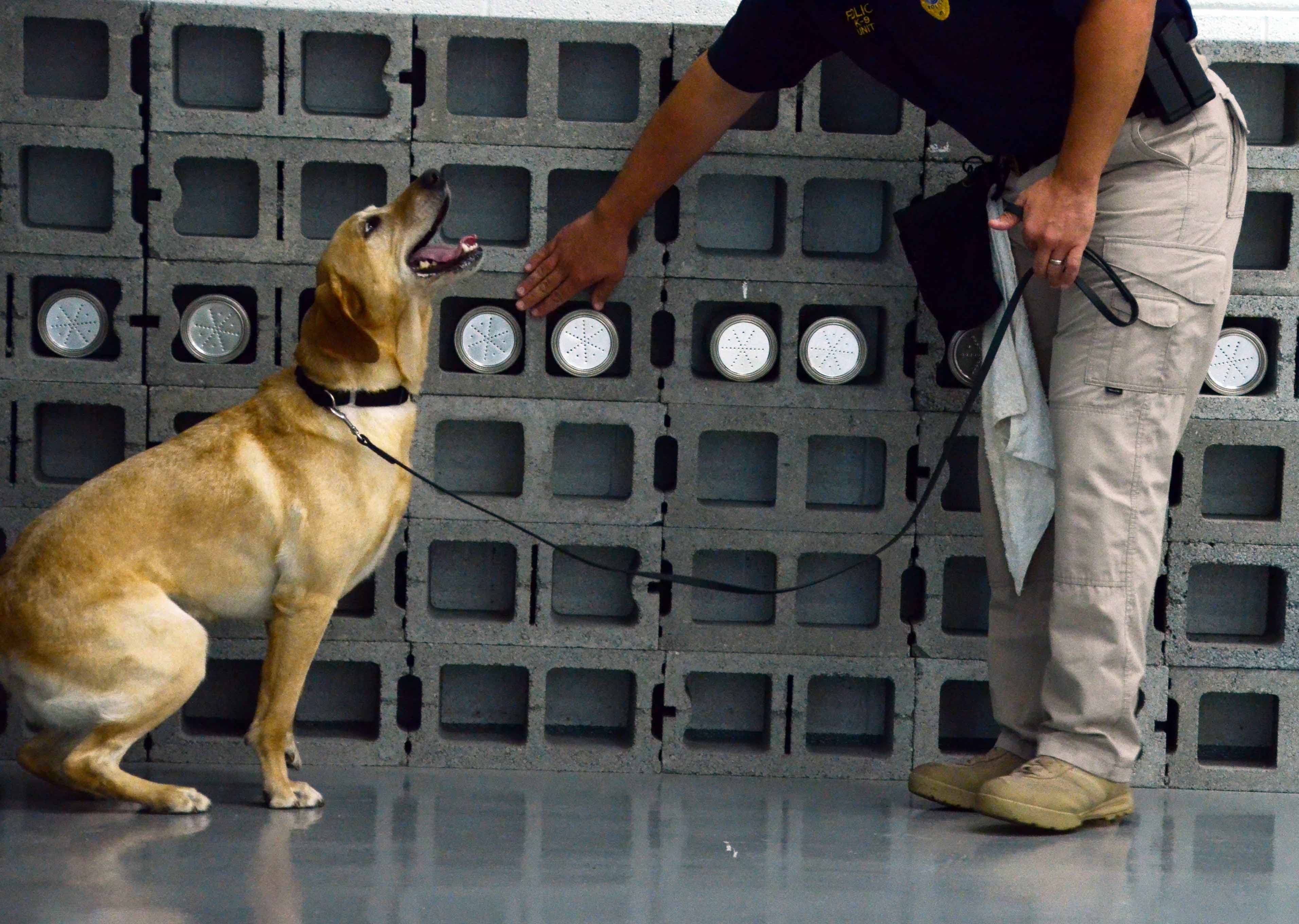Necessary Canine Educating Strategies for a Life Time of Good Actions
Efficient dog training is fundamental to promoting a mannerly friend that enhances our lives. Understanding canine behavior and employing socialization approaches can prevent potential issues before they occur.
Understanding Canine Behavior
Additionally, comprehending the natural impulses and drives of a dog-- such as prey drive, social communications, and territorial actions-- enables trainers to prepare for and manage certain behaviors. A dog with a strong target drive may require various techniques than one that is more socially inclined.
Furthermore, very early socializing and direct exposure to various atmospheres significantly influence a dog's actions and temperament. Positive experiences during critical developmental periods can bring about well-adjusted grown-up dogs, whereas negative experiences may lead to anxiety or aggression.
Favorable Reinforcement Methods
Amongst the numerous pet training strategies, favorable support methods attract attention for their efficiency and ability to strengthen the bond between canine and trainer (Ohana K9 Academy). This strategy highlights fulfilling wanted actions as opposed to penalizing unwanted ones, promoting a much more participating and trusting connection
Positive reinforcement can take numerous kinds, consisting of treats, appreciation, toys, or playtime. The key is to offer immediate incentives when the canine displays the desired behavior, enabling them to make the link in between the action and the positive outcome. For example, if a pet remains on command, offering a reward as soon as possible reinforces that habits, making it most likely to be repeated.
Consistency is crucial in positive reinforcement training. Trainers must use the very same cues and incentives to stay clear of perplexing the pet dog. Furthermore, varying the incentives can preserve the pet dog's rate of interest and motivation, transitioning from constant deals with to occasional praise or play as the pet masters the habits.

Fundamental Command Training
Structure on the structure established via favorable reinforcement approaches, standard command training acts as an essential action in creating an accommodating pet dog. This training commonly encompasses crucial commands such as "rest," "remain," "come," and "down - Ohana K9 Academy." Each command plays a crucial role in promoting reliable communication between the canine and its proprietor, boosting the total bond
To launch fundamental command training, select a peaceful atmosphere devoid of disturbances. Start with short, concentrated sessions lasting no greater than 5 to 10 minutes to keep your pet dog's focus. Make use of high-value deals with as benefits, making sure the pet dog links correct actions with positive results. When showing a command, make use of a clear, consistent spoken hint gone along with by hand signals to strengthen understanding.
Perseverance is important; canines may need countless reps to grasp commands totally. Gradually enhance the intricacy by presenting variations or distractions as soon as your canine reliably responds. see here Normal technique strengthens discovered commands, solidifying them in your pet's habits arsenal. Eventually, fundamental command training not just promotes obedience however likewise boosts security and promotes satisfying interactions throughout strolls and playtime, preparing for even more innovative training strategies in the future.
Socialization Methods
In the realm of canine training, socialization techniques are necessary for growing a well-adjusted and certain canine buddy. Efficient socialization includes revealing your pet to a go to website variety of settings, individuals, and other pets in a controlled and favorable way. The main goal is to help your canine develop a convenience degree with diverse experiences, which can considerably reduce anxiety and anxiousness in unfamiliar circumstances.
Begin socialization throughout the critical developmental home window of 3 to 14 weeks, when young puppies are most responsive to brand-new experiences. Present your dog to different settings, such as parks, urban areas, and homes with various other pets. Make sure these experiences are favorable by utilizing treats and appreciation to enhance good behavior.
Team training courses are a superb method to subject your canine to other canines and people in an organized setting. This enables monitored communications, helping your pet learn ideal social cues. Routine outings and playdates with well-mannered pets can better enhance social abilities.
Addressing Behavioral Issues
Addressing behavioral concerns in canines is a crucial aspect of training that calls for an organized strategy and understanding of canine behavior. Typical issues such as barking, chewing, hostility, and anxiousness can stem from numerous aspects, including absence of socialization, insufficient exercise, or even clinical concerns.

Additionally, establishing a structured regimen that includes like this routine workout and mental excitement can dramatically relieve behavior issues. For circumstances, interactive toys can keep a canine involved and reduce destructive tendencies. In situations of severe aggression or stress and anxiety, speaking with a specialist pet trainer or a vet behaviorist may be required.
Conclusion
Finally, effective pet training methods, consisting of favorable reinforcement, fundamental command training, and socialization, are crucial for fostering etiquette throughout a dog's life. Dealing with behavior problems with a systematic approach not only improves obedience but also enhances the bond between pet dogs and their proprietors. By implementing these strategies continually, canines can establish right into well-adjusted companions, efficient in navigating numerous settings and interactions with self-confidence and ease. Thus, establishing a foundation for a harmonious connection is essential.